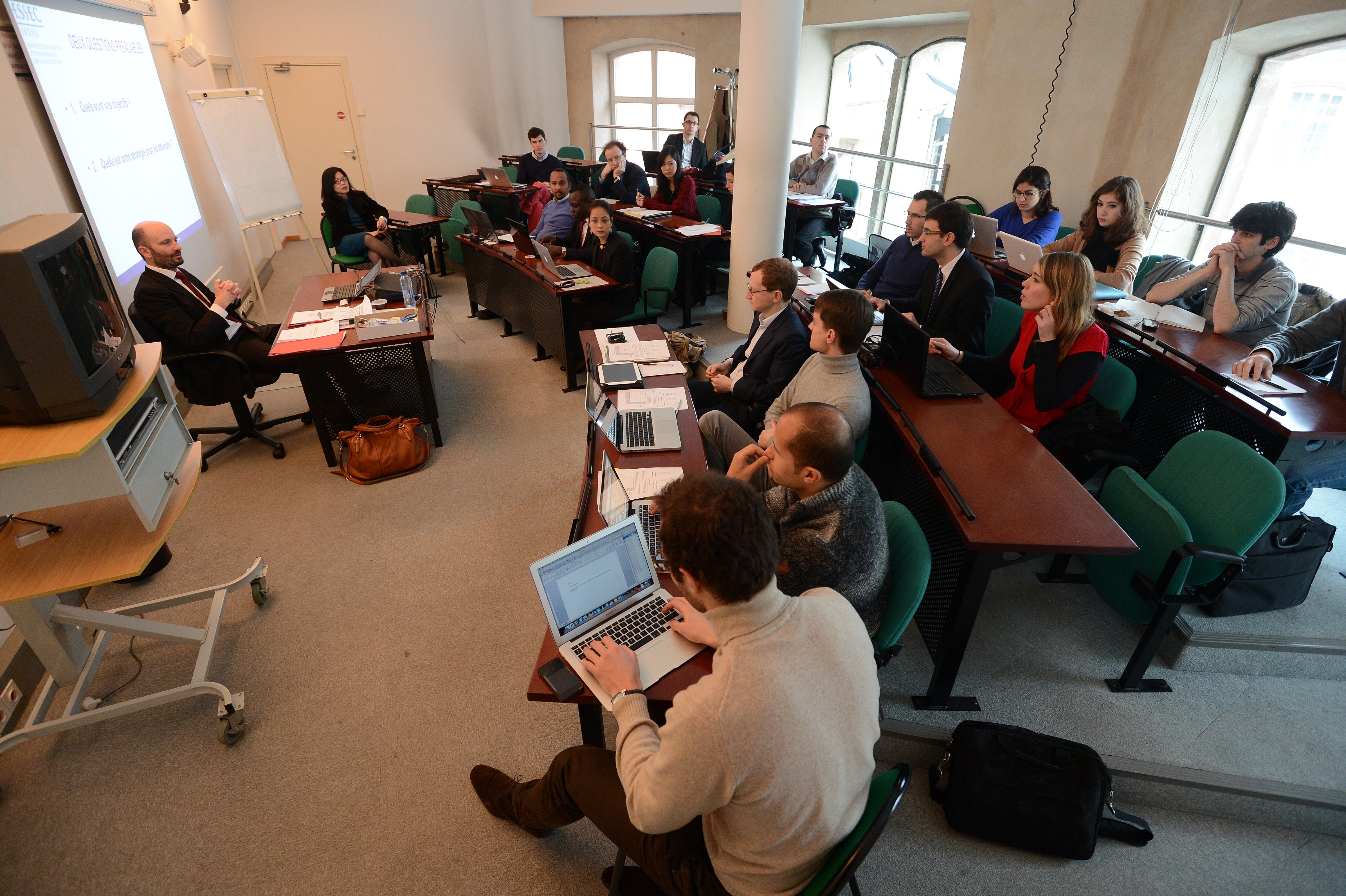I’m always glad to see a null finding reported, so I liked this paper (PDF) by Robert Fairlie and Jonathan Robinson about what happened when they gave computers to randomly selected California schoolkids whose families had no computer at home. The short answer is nothing.
The slightly longer answer is that the kids reported an almost 50 percent increase in time spent using a computer, with the time divided between doing homework, playing games, and social network. But there was no improvement in academic achievement or attendance or anything else. There wasn’t even an improvement in computer skills. At the same time, there was no negative impact either. The access to extra computer games didn’t reduce total time spent on homework or lead to any declines in anything. They broke it down by a few demographic subgroups and didn’t find anything there either. It’s just a huge nada. Nothing happening.
I think this is an important finding because it helps shed some light on the socioeconomic disparities in educational outcomes. We know that kids from higher-income households do much better in school than poor kids. But that of course raises the question of why that is exactly or what one might do about it. For example, would cash transfers to low-income parents make their kids do better in school? If access to home computers was associated with improved school performance, that would be strong evidence that simply fighting poverty with money could be highly effective education policy. The null finding tends to suggest otherwise, that the ways in which high-income families help their kids in school don’t relate to durable goods purchases and may be things like social capital or direct parental involvement in the instructional process that—unlike computers—can’t be purchased on the open market.
